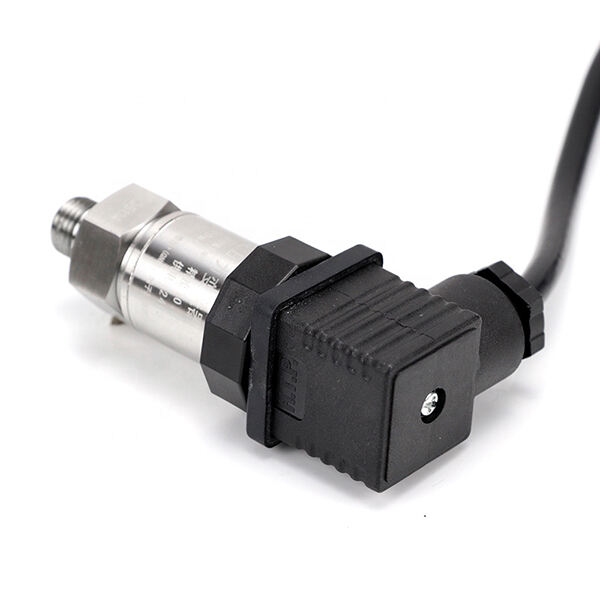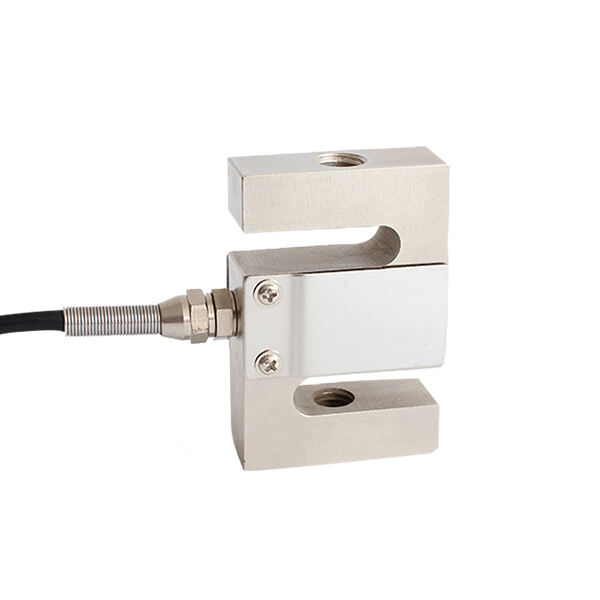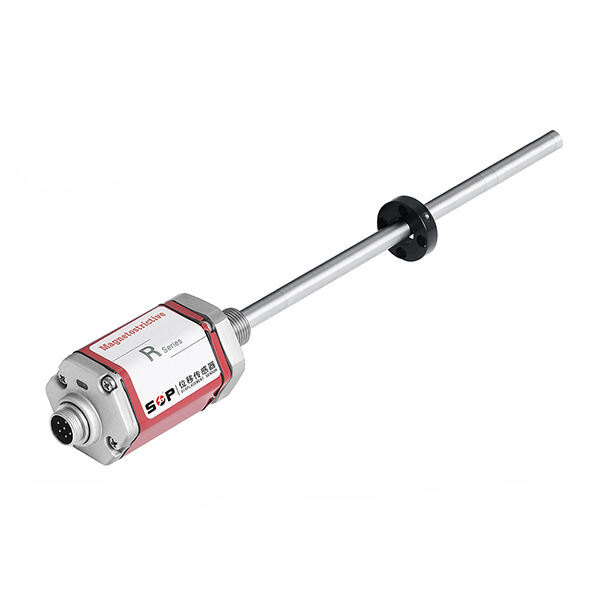SOP displacement sensor have a major application in industries to precisely detect and measure linear displacement or motion along one axis. They are often used in human machine interfaces (such as keypad switches with visual elements this is to let the soundless operation of interface) and computerized information systems, wherein snap-action contacts connect or disconnect switching current. Different types, different principles of operation - sensors: a plethoraARATION issues and needs in the industry
Superior precision and accuracy are among the crucial benefits of using linear position sensors in industrial applications. These sensors are very good at picking up small changes in position even down to an exceptional resolution and are often suited to the most demanding positioning applications. In addition, they are very reliable offering along operating life-span to work in every climate environment
One of the major advantages that comes with using linear position sensors is their compatibility with numerous signal outputs, such as analog signals, digital signals and frequency output. Their versatile nature makes it easy to interface them with industrial control systems allowing their output signals to processed and used for automation operation of machinery in process plants
SOP water pressure sensor Choosing the right linear position sensor for your job There are some important factors to consider when you first select a new linear potentiometer. They range from the unique type and way of operating your device, over desired accuracy/resolution to environmental conditions or signal output for control system
Such as, if your project is about position measurement of a hydraulic cylinder then you came to know that the available sensor for pressure and temperature based conditions like Magnetostrictive Sensor Or Linear Variable Differential Transformer (LVDT) are best suited. However, if you want your encoder to provide very high levels of accuracy and resolution, then perhaps choosing a sensor equipped
with an intricate measurement system like capacitive sensing or optical linear encoding would be more applicable
These considerations in addition to the installation and maintenance requirements of a sensor are important things that need considered when deciding on which devices you would like as wel

When it comes to choosing the best SOP sensor load for an application, there is no one-size-fits all solution. The best sensor for your project can differ substantially on a range of things such as the specific kind of motion you need to track, exactly how accurate or granular its resolution should be and in what type settings it will certainly operate
For instance, a magnetostrictive sensor is great for high-speed and recycling application where the temperature could be too high on traditional LVDT sensors. Example: a capacitive sensing system might be the better option for applications that require high resolution and fast measurement capabilities, while an optical linear encoder will continue to work

SOP rotary torque sensor work on different principles, depending upon scale of construction and its type. However, they are all fundamentally designed to perform one simple task - measure the linear position of a device in reference with another measured point or location
One such example is a magnetostrictive sensor, which works by sensing stand-off position of a magnet that moves down the sensor rod in an external magnetic field. First, the magnet travels along this rod which creates a guided wave that the sensor measures how to locate where mortar really is at
An LVDT, on the contrary is based upon a principle of electromagnetic induction. Current Voltages Vary with Metal Core Position The passage of a metallic core moving in a linear manner within the coil of transformer can generate an electrical voltage in said coil and this is directly proportional to its position

We are certified CE, RoHS ISO9001. Our products undergo rigorous linear position sensor prior delivery. SOP also has engineers who provide after-sales service and solve any issues the product.
We offer a wide range products including linear position sensor displacement sensors drawing wire sensors LVDT sensors, load cells torque sensors, pressure sensors, magneto sensors, many more. We able to offer OEM/ODM solutions accordance with the requirements our customers.
Customers are able choose from a wide range transportation options. We provide secure packaging fast shipping for stock goods. Once the package been delivered is linear position sensor, you will receive tracker details.
SOP over 20 years manufacturing experience and collaborated with over 500 global customers. It is reputable company manufactures high-tech products and is linear position sensor in the research, development manufacturing, sales and servicing of various kinds of sensors.